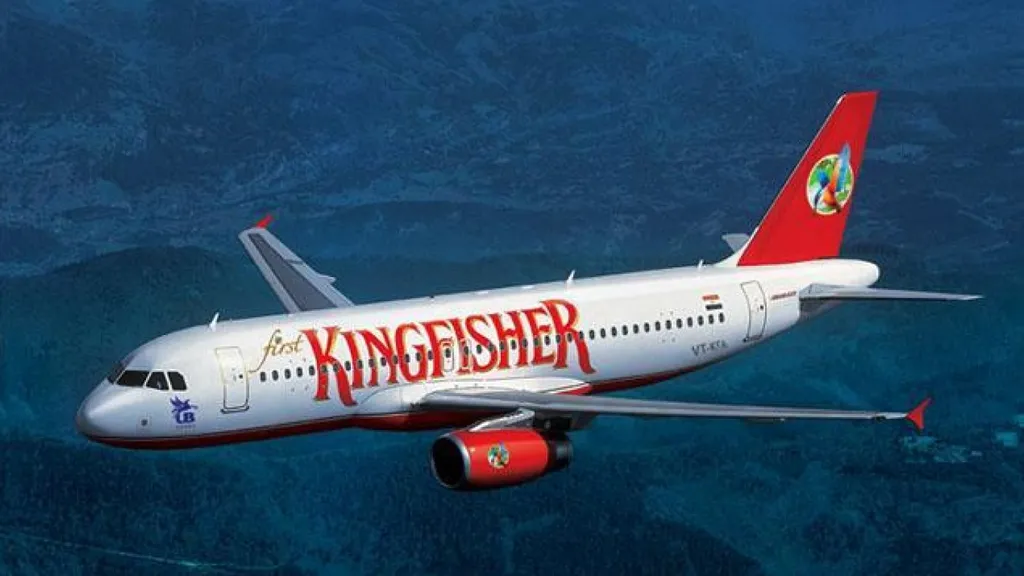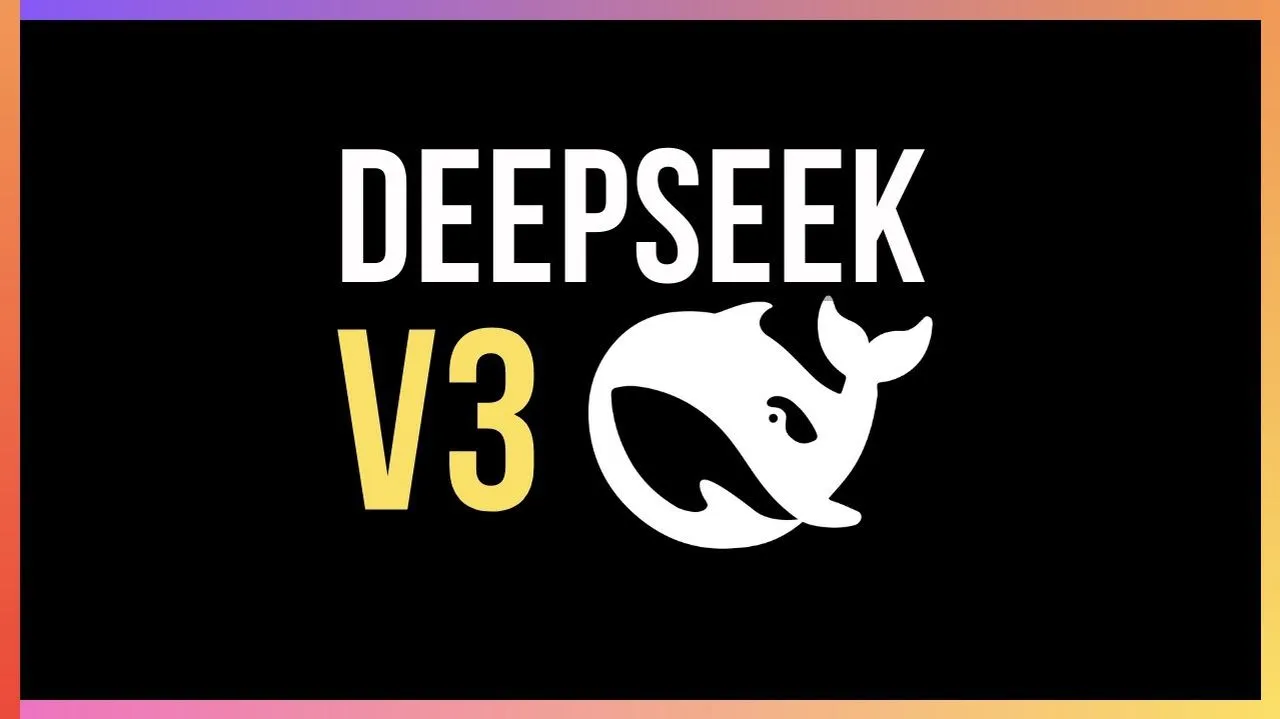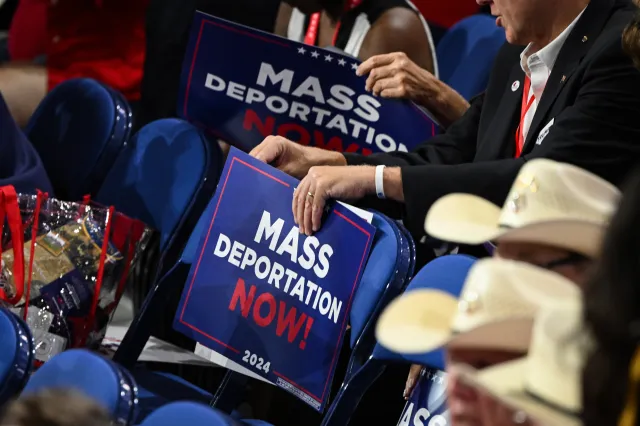
Vijay Mallya, once known as the “King of Good Times,” was a flamboyant Indian business tycoon who owned one of the country’s most extravagant and luxurious airlines: Kingfisher Airlines. What started as a premium brand with a vision to redefine air travel in India eventually collapsed in one of the most infamous corporate failures in the nation’s history. The story of Kingfisher Airlines is a tale of ambition, luxury, financial mismanagement, and eventual bankruptcy.
The Birth of Kingfisher Airlines
Kingfisher Airlines was launched on 9 May 2005 by Vijay Mallya, who already had a reputation as a successful businessman. Mallya was the chairman of United Breweries Group, a conglomerate known for its popular Kingfisher beer brand. Kingfisher Airlines was intended to be an extension of the brand’s luxury image, aimed at providing a unique, premium flying experience to customers.

At the time of its launch, the Indian aviation market was rapidly growing, but it was dominated by state-run Air India and a few low-cost airlines. Mallya saw an opportunity to offer something different. Kingfisher Airlines entered the market as a full-service carrier, offering luxuries that were unheard of in domestic air travel, including in-flight entertainment, gourmet meals, and well-trained cabin crew. Mallya’s vision was to make Kingfisher synonymous with opulence and comfort, not only targeting business travelers but also aspirational middle-class customers who were looking for a high-end flying experience.
The Early Success
Initially, Kingfisher Airlines was a runaway success. The airline’s service was unparalleled, and customers were drawn to the luxurious experience it provided. Kingfisher redefined air travel standards in India with its modern fleet, top-notch service, and a customer-first approach. The airline won numerous awards, and in 2008, it became the first Indian airline to join the International Air Transport Association (IATA), cementing its place as a global player in the aviation industry.
Under Mallya’s leadership, the airline quickly expanded, and by 2007, it controlled about 10% of India’s domestic market. The airline also operated international flights, adding to its prestige. Mallya was often seen as the Richard Branson of India, with his larger-than-life personality and vision of running an airline that would stand out globally.
Overambition and Acquisition of Air Deccan
However, the seeds of Kingfisher Airlines’ downfall were sown early. In 2007, in an attempt to expand rapidly and gain market share, Mallya decided to acquire Air Deccan, a low-cost carrier. At the time, Air Deccan was the pioneer of low-cost aviation in India and catered to a very different market segment compared to Kingfisher’s premium positioning.
Mallya believed that by acquiring Air Deccan, he could increase Kingfisher’s market reach and enhance its operational scale. However, this decision proved to be a turning point in the airline’s fortunes. Air Deccan’s low-cost model was in stark contrast to Kingfisher’s luxurious and high-cost structure. The merger meant Kingfisher now had to balance two opposing business models: one targeting price-sensitive customers and the other offering premium services. This created operational inefficiencies and diluted the brand’s core identity.
Moreover, the acquisition also resulted in increased financial burden. The airline was now saddled with significant debt from Air Deccan, and the integration of the two airlines did not go as smoothly as planned. This was the beginning of the airline’s financial struggles, as the cost of running a full-service airline combined with the low-margin operations of a budget carrier started to erode profitability.
The Mounting Debt Crisis
As Kingfisher Airlines expanded aggressively, it also borrowed heavily to finance its operations. By 2009, the airline had accumulated massive debt, and the company’s financials started showing signs of stress. The global financial crisis of 2008 had further exacerbated the situation, leading to a sharp rise in fuel prices and a decline in passenger demand.
To keep the airline afloat, Mallya took on more loans, hoping that the market would eventually turn around. However, the debts continued to mount, and by 2011, Kingfisher Airlines had defaulted on several payments to banks, airports, and fuel suppliers. The airline was now operating at a massive loss, and its cash reserves were drying up.
One of the major issues that Kingfisher Airlines faced was its inability to maintain a profitable revenue model. The airline was charging premium prices while offering an expensive full-service experience, but the competition was undercutting them with low-cost models. The Indian aviation market was still very price-sensitive, and the middle-class passengers, while initially drawn to the airline’s luxurious appeal, were not willing to pay consistently high prices.
The Fall of Kingfisher Airlines
By 2012, the situation had worsened dramatically. Kingfisher Airlines was no longer able to pay its employees, ground staff, or airport fees. Its fleet was grounded several times due to unpaid dues. Flights were frequently cancelled, and passengers were left stranded. The airline’s reputation took a severe hit, and it lost the trust of both customers and creditors.
In October 2012, the Directorate General of Civil Aviation (DGCA), India’s aviation regulator, suspended Kingfisher Airlines’ licence due to safety and operational concerns. The airline had failed to meet its financial obligations, and without sufficient funds to operate, it was forced to cease operations.
The closure of Kingfisher Airlines marked the beginning of Mallya’s downfall. The airline had accumulated over ₹9,000 crore (around £900 million) in debt, and numerous banks and financial institutions had lent money to the company. With the airline grounded and no way to repay the loans, Mallya faced increasing legal pressure from creditors and regulators.
Legal Troubles and Escape to the UK
Vijay Mallya’s troubles didn’t end with the collapse of Kingfisher Airlines. In 2016, a group of Indian banks filed a case against Mallya for defaulting on loans, and the Indian government sought his extradition on charges of fraud and money laundering. Mallya, however, left India for the UK, where he has been residing since.
His departure from India caused a massive public outcry, with accusations that he had fled the country to escape legal proceedings. Mallya maintained that he was not a fugitive and that he was ready to settle his debts, but the Indian authorities continued to push for his extradition. As of 2024, Mallya remains in the UK, fighting legal battles and facing numerous lawsuits related to his defunct airline.
The Legacy of Kingfisher Airlines
The collapse of Kingfisher Airlines remains one of the most significant corporate failures in Indian history. It was a stark reminder of the risks associated with unchecked ambition and financial mismanagement. Mallya’s vision of creating a luxury airline was undoubtedly bold, but the execution faltered due to a combination of poor strategic decisions, market miscalculations, and an inability to manage costs effectively.
Kingfisher’s bankruptcy also raised questions about the role of regulators and financial institutions in India, with many criticising the banks for continuing to lend money to the airline despite its financial difficulties. The case has since become a cautionary tale for Indian businesses, highlighting the importance of financial prudence and sustainable growth.
Today, Kingfisher Airlines is remembered as a brand that promised the world but ultimately crumbled under its own weight. Its story serves as a reminder that even the grandest of ambitions can lead to failure without sound financial management and a clear understanding of market dynamics.






